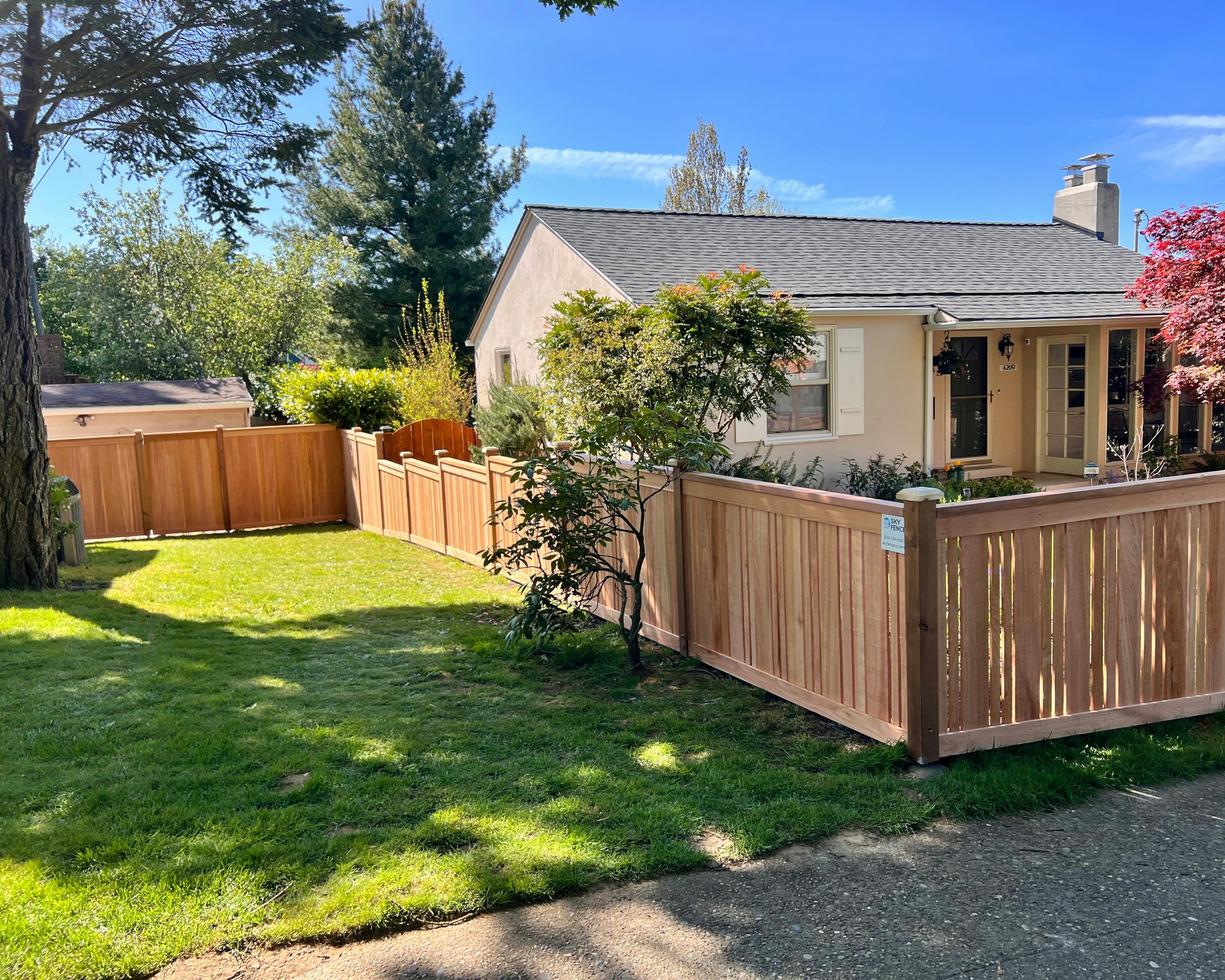Main Content

Living in Los Angeles means sharing walls, fences, driveways, and views. And while good fences may make good neighbors, misunderstandings and small annoyances can turn into long-term headaches if not handled properly.
Wherever you live, maintaining a peaceful relationship with the people next door is one of the most important (and overlooked) aspects of homeownership. Here's a rundown of the most common neighbor disputes in LA and how to avoid them.
1. Boundary Lines and Fences
The issue:
Disputes over property lines, encroachments, and shared fences are incredibly common—especially in older neighborhoods where records can be unclear.
Avoid it:
- Get a survey before installing fences or doing landscaping near the property line.
- If you’re replacing a shared fence, communicate early and consider sharing costs.
- Keep in mind: In California, both neighbors are typically responsible for shared fence maintenance.
2. Noise Complaints
The issue:
Loud music, barking dogs, late-night gatherings, and even renovation noise can strain neighborly goodwill.
Avoid it:
- Follow local noise ordinances (often quiet hours begin at 10 PM).
- Give neighbors a heads-up before hosting parties or starting major projects.
- If you're on the receiving end, approach with empathy—often people aren’t aware they're being disruptive.
3. Parking Wars
The issue:
In tightly packed areas like Venice or Playa Vista, street parking is gold. Neighbors can clash over curb space, blocked driveways, or using too many spots.
Avoid it:
- Be mindful of blocking views or stacking cars.
- Rotate guest parking and avoid monopolizing curb space.
- If your home has a garage—use it. It helps everyone.
4. Trees and Landscaping
The issue:
Overhanging branches, fallen fruit, and invasive roots can cause damage or block views.
Avoid it:
- Regularly trim trees that border your property.
- Communicate if you’re planting anything large that could affect their yard.
- California law allows you to trim encroaching branches, but not in a way that damages the tree.
5. View Obstruction
The issue:
In hillside neighborhoods or coastal areas, views can be a major source of home value—and conflict.
Avoid it:
- Check local ordinances or CC&Rs if you’re in an HOA community.
- If building or planting something new, consider your neighbors' sight lines—and open a dialogue before it becomes an issue.
6. Pets and Animal Issues
The issue:
Unleashed dogs, barking at all hours, or cats roaming into gardens can lead to frustration.
Avoid it:
- Train your pets, use fencing or leashes, and scoop the poop.
- If a neighbor’s pet is causing issues, approach them kindly before resorting to a higher authority.
7. Renovation and Construction Disputes
The issue:
Contractors showing up early, blocking driveways, or causing prolonged noise and dust can wear thin, especially on long remodels.
Avoid it:
- Share your renovation timeline and contact info for your GC.
- Encourage your crew to be respectful (don’t block mailboxes, clean up debris).
- Consider a thank-you gesture when the project ends. A bottle of wine goes a long way!
8. Shared Driveways or Easements
The issue:
Shared spaces can lead to conflicts over access, maintenance, and use.
Avoid it:
- Know your legal rights (check title reports or easement agreements).
- Create a written agreement for maintenance costs and access rights if it’s a long-term situation.
- Keep communication open—these can be the trickiest issues if left unresolved.
9. Short-Term Rentals and Home Businesses
The issue:
High turnover, late-night guests, and increased traffic can cause tension if you or a neighbor run an Airbnb or business from home.
Avoid it:
- Follow LA’s short-term rental rules, including guest limits.
- Introduce yourself to neighbors and reassure them about your hosting or business activities. Perhaps provide a Property Manager’s contact.
- If you're concerned about a neighbor’s activity, document specific issues and start a respectful conversation.
10. HOA-Related Disputes
The issue:
Not all HOA members agree on aesthetics, rules enforcement, or community policies—and these disagreements can spill over into personal relationships.
Avoid it:
- Attend meetings and stay informed.
- Use HOA channels to resolve issues rather than confronting neighbors directly.
- If needed, suggest mediation to the board before tensions escalate.
Final Thought: A Little Communication Goes a Long Way
Most neighbor disputes don’t start as big issues—they escalate because of poor communication or assumptions. Before getting legal or defensive, try a friendly conversation, a handwritten note, or even an offer to collaborate on a solution.
When buying a home, don’t just look at the house—observe the neighborhood, the spacing between homes, and potential friction points. The Stephanie Younger Group helps clients not just find the right house, but the right block, community, and long-term living situation.
Disclaimer: The Stephanie Younger Group is not a law firm, and this article is not intended as legal advice. If you are experiencing a legal dispute or have questions about your rights, we strongly recommend consulting a qualified attorney.
Need help navigating your next move—or dealing with an issue at your current home? We’re here with real-world advice, expert guidance, and local insights that go far beyond the transaction.

















